Steve Biddulph is in the towering London headquarters of HarperCollins publishers.
It is 2016 and he’s been invited there for a special celebration – the millionth copy of his parenting books has just been sold in the United Kingdom.
His publishers tell him: “You are the most famous Tasmanian in the world who is not a cricketer!”
The tall, shy, and boyish looking Biddulph grins broadly.
He knows that back home in Tasmania he can walk comfortably through the streets, and only the odd knowing smile comes his way, usually from a mum of boys, or a man who has been helped by his books about men’s healing.
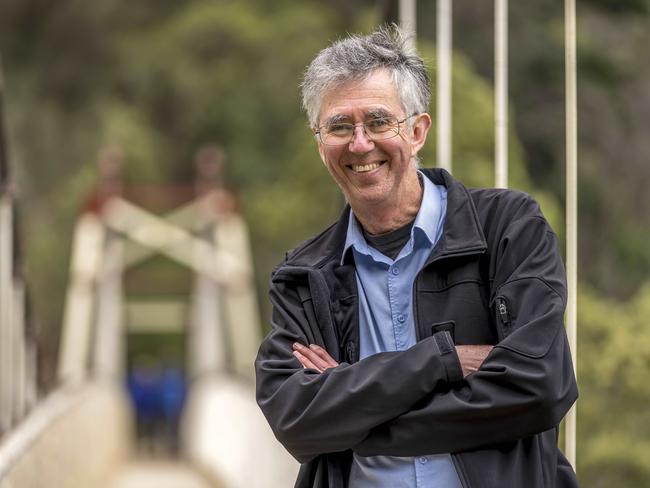
Biddulph, whose parenting books have helped raise three generations of Australians, has changed tack, and this year published Fully Human: A New Way of Using Your Mind which directly addresses mental health as a problem of us ignoring our inner voice. Our “wild creature mind” which, he says, is often much smarter than us.
Former Australian of the Year Rosie Batty says: “I loved this book and found it enormously helpful.”
Fully Human is very autobiographical, too as Biddulph explains his Asperger’s diagnosis late at the age of 55 and he and his wife Shaaron’s struggles to overcome their childhoods.
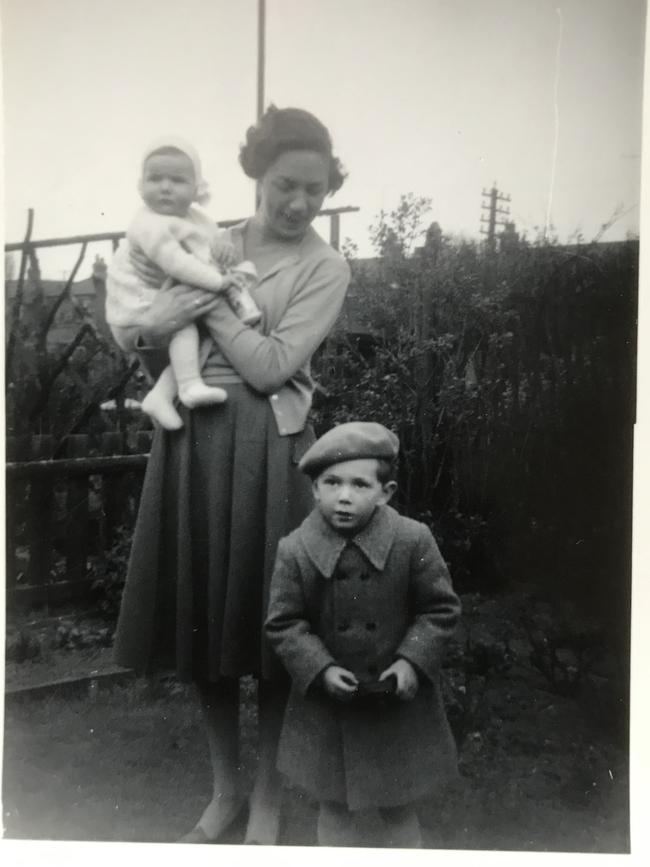
Biddulph was born in Yorkshire, which he jokingly refers to as “the world capital of negative parenting” though his own parents were gentle and shy. His family emigrated to Australia in the 1960s, and while small boyhood was a wonderful time, in his teens his parents found him hard to fathom, and things began to spiral downwards.
“Life could have gone badly for me, as many young men’s lives do, but for two things: I was raised by kind and loving – if somewhat bewildered – parents, and I had some exceptional teachers, youth workers and others who saw that I had a good heart, and they did their best to include me,” he wrote.
“When I looked like becoming homeless, they found me somewhere to live, and then later found me a job – working incredibly, with troubled kids.”
In Fully Human, Biddulph, a father and grandfather, describes how, following a miscarriage he and Shaaron experienced in the 1980s, he became seriously depressed.
He explains how his unconscious mind reached him through music to unlock the grief which even as a psychologist he could not find the key to. Suddenly, through a song, he was able to cry, and to understand the reason.
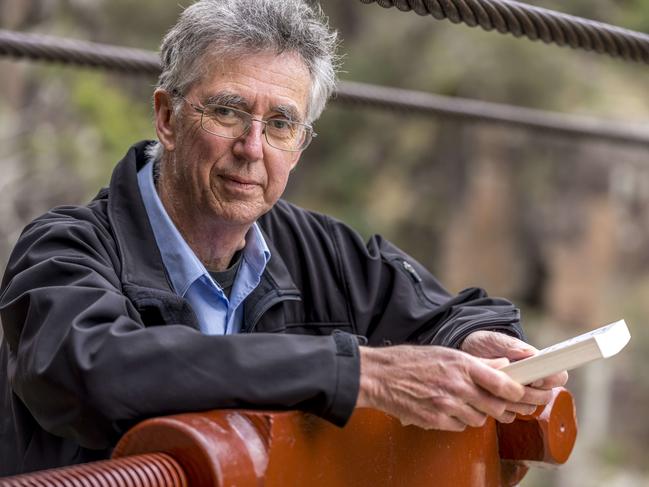
“Even writing this 30 years on, I can still feel those emotions and I am grateful that I was able to release and ride with them, and become more alive, not more deadened, through learning more about my own heart,” he wrote.
Fully Human explores what Biddulph calls the four-storey mansion and the idea of supersense or the way your body sends you messages.
“The four-storey mansion is a picture that came into my head at 3am one morning – because that’s how our brain works!” Biddulph says.
“I’d been trying for years to explain how therapy worked, and all that I had learned from my patients over the years.
“People who get well, and break through old pain, do it by activating all the levels of their mind.
“Our bodies are the first floor, they handle trauma by shuddering, shaking, sobbing, and even things like dancing or going surfing or for long walks.
“Then emotions are the second floor, and they are an energy source to carry you through.
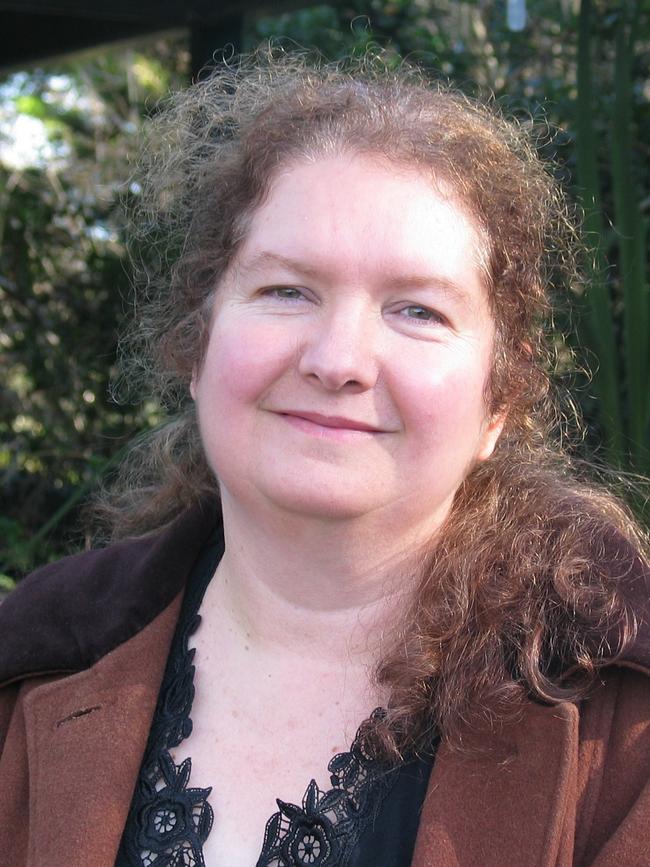
Grief for example helps you know what, or who, really matters, and what does not.
“Thinking is the third floor. Over-emotional people – like violent men, or self-obsessed people, need to stop feeling so much and do more thinking.
“The fourth floor is our spiritual floor, and it’s actually essential to mental health. Any activity – like bushwalking or dancing, making love, patting a dog or growing a garden – that takes you out of your own skin is spiritual.”
Fully Human is a move away from parenting, though the book certainly applies to parents too.
“It’s a book about how there is a hidden part of our brain – the right hemisphere, which talks to us via our gut, and is helping us every second to read faces, know if we are safe, and connects us to our loved ones and to the natural world,” he says.
Like all Biddulph’s books, it is easy to read, funny, and will make you cry.
The women editing and typesetting Fully Human told Biddulph they were in tears reading it.
Tears are rather a trademark of his work – not his own but the way that his stories release held-in grief in the listener.
In his live talks on his book Raising Boys, which he toured all over the world, it was routine for audiences to weep.
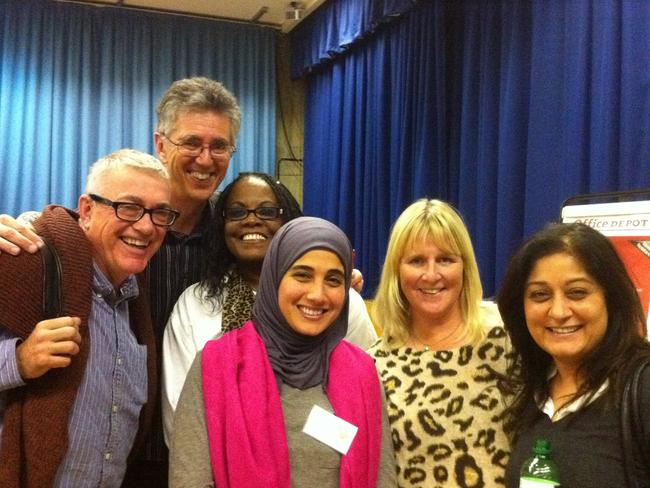
“Astonishingly, this was more often the men,” Biddulph recalls.
“We talk about the terrible rift between fathers and sons that ran through the 20th century.
“It’s a hidden grief but is so common, and it just comes to the surface in such a surprising way.”
He learned to make his talks more and more hilarious to help people stay okay with all their strong feelings.
“I became a stand-up psychologist,” he smiles.
What has made him most known around the world has been his focus on the crisis – which he says still continues to haunt this country – in the rearing of men and boys.
“Raising Boys was a publishing phenomenon which helped the world to snap out of a misguided attempt to banish gender by just ignoring it, which was the fashion when I trained in the 1970s.”
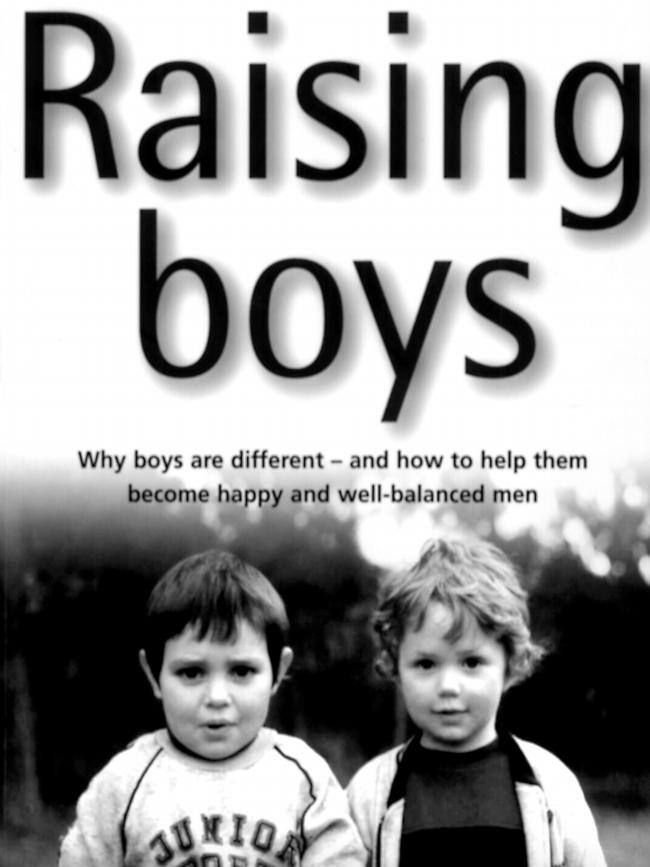
Raising Boys, he says, affirmed both the infinite variety of kinds of boy, but also confronted the fact there were unique risk factors in being male.
“Mums and dads learned to their relief that being active was not due to being naughty or bad, that like a large dog, boys (and many girls) needed to use their bodies a lot.
“And most revolutionary at the time, when the workplace was swallowing fathers for longer and longer hours – that dads mattered to children and had a special and vital role.”
Biddulph, in a nutshell, resuscitated the idea of engaged and loving fatherhood.
“In the 20th century, men had been reduced to a walking wallet. But children needed so much more.”
Just last month, at a National Neurodiversity Conference in Launceston, Biddulph drew two small babies on a whiteboard, wrapped in blankets and sound asleep.
He loves to illustrate ideas with pictures, and all his books have cartoons; in fact, they pioneered the whole idea of friendly, untechnical parenting books any parent would enjoy.
The baby on the left, he tells the auditorium full of parents and professionals, has three times the chance of dying – usually in a car accident, or from violence or suicide.
Three times the chance of being a drug addict.
And – he raises his lively, animated eyebrows – 19 times the chance of going to jail.
“What makes that baby different?” Biddulph asks. “Simple – he’s a boy.”
Biddulph’s concern, arising from his work with hundreds of families, led to a worldwide campaign to better understand boys.
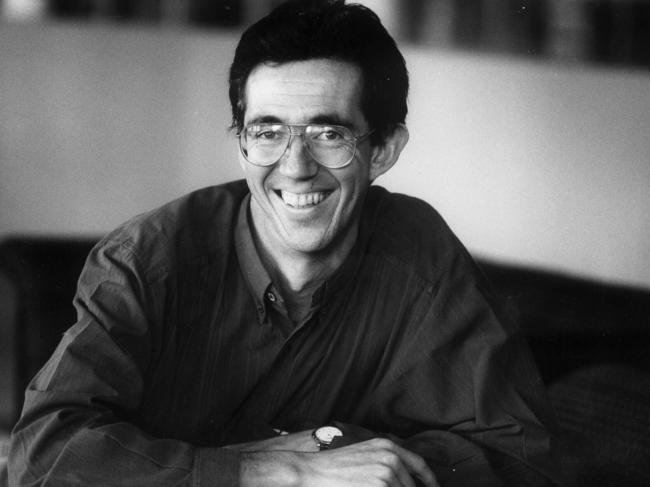
“We now know that they have a totally different developmental rate to girls.
“They are slower, and more vulnerable and, also in many cases, shouldn’t even start school at the same age as girls.”
He worked in hundreds of schools from Canada to Brazil, across the UK and Europe, and Australia and New Zealand to train teachers – that boys need a relationship before they can learn.
“They have to feel that the teacher likes them, and is okay with their boyish energy and need to move, and to have learning well organised in small bites,” Biddulph says.
Biddulph’s first real job was at Launceston’s pioneering Wellington Street Clinic in the 1970s; one of the first in Australia to do family therapy and see the whole family when a child was in trouble.
“The families I saw were mostly blue-collar parents who never read books,” he says.
“But I really felt respect for them, they were better people than I was.
“But they were caught in negative patterns, yelling, hitting, carrying on the old ways of parenting, or very anxious from their own childhood trauma. “It was clear that more positive methods were needed,” he says.
And so, after five years of that work, he settled into a pickers’ cottage on the side of kunanyi/Mt Wellington, in Neika, and supported by his wife Shaaron who was a nurse and social worker, he wrote his first book.
The couple founded Youthline, a phone counselling service run by young people, for young people.
But it isn’t just parenting that has occupied him.
The royalties from his first book Secrets of Happy Children helped to build dozens of hand-wells in northern Ethiopia over many years.
In 2001, something happened which he says he could not ignore.
“A refugee ship carrying over 400 mothers and children sank on its way to Australia,” he says.
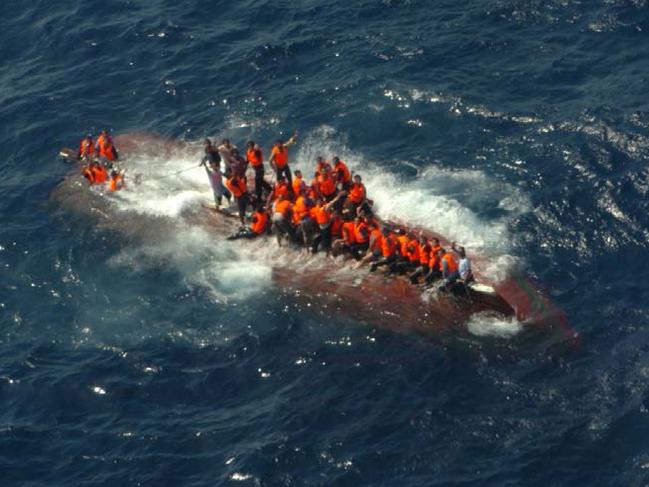
“The SIEVX, as it was named for identification purposes by the Australian Navy, was our largest maritime tragedy, but went almost unnoticed after a few days.
“I could not believe that more care and investigation did not follow, and with a group of friends in the Uniting Church, and others working with refugees in detention, I began a project to build a national memorial.
“Eventually, 300 schools and community groups would converge on Canberra to create a huge permanent artwork, consisting of 353 decorated wooden poles, small poles for children, and tall ones for parents, each carrying the names of the dead.
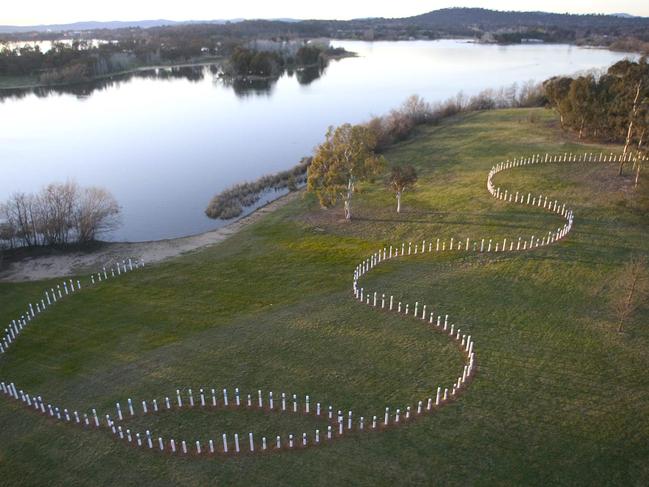
“It remains a must-visit sight in the national capital, on the lakeshore.
“It took five years of my life, and most of our savings, but it rallied people who cared, and told everyone in the world that not all Australians were fear-driven and greedy. That love is stronger than fear.”
Biddulph continues to be a fierce critic of governments of all stripes in their “cynical mistreatment of refugees just to secure the votes of the frightened people who have never met or known a refugee”.
“The surgeon who saved my life was a Vietnamese child refugee,” he points out.
“My dentist was a Czech refugee. My neighbour who helps me to garden and build was in a detention centre as a young kid.”
While he has lived in various parts of the world, Biddulph has always returned to Tasmania and now plans to grow old happily, on the banks of the Tamar River, paddling his kayak and “watching the tides come and go, like the whole island is breathing in and out.”.
“Because I am getting old now it’s very clear to me, I am really unimportant, except that I am part of the flow of life,” he says.
“We are like leaves on the tree. What matters is that the tree thrives after we have fluttered to the ground.
“A world our children’s children can live in safely is the only thing that matters now.
“And so we have to fight for that to be possible.
“Climate action is suddenly the responsibility of every parent and grandparent.
“There is no time to lose.”
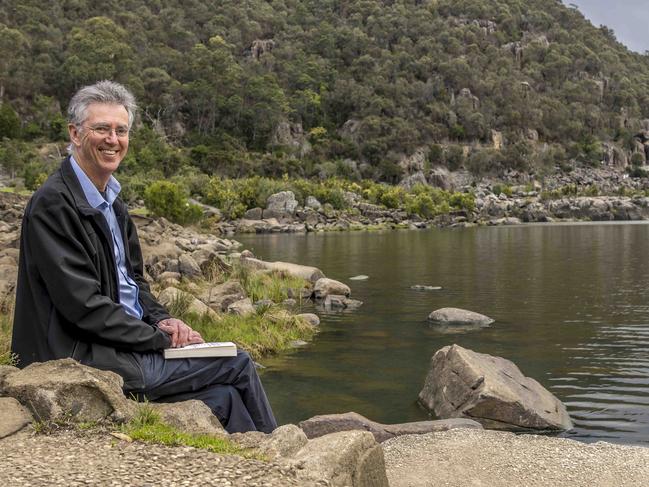
In Tasmania, Biddulph, who was made a Member of the Order of Australia for his work in young people’s mental health, has helped with young people’s climate rallies and funding the campaign into corruption and political donations.
“We just deserve better governments than we get,” he says.
“It’s everyone’s job to get involved, and not just let things be.”
Then he smiles that trademark grin again.
“But you have to keep a light heart, all the same,” he says.
“We have to trust that our humanity is going to get us through.”●
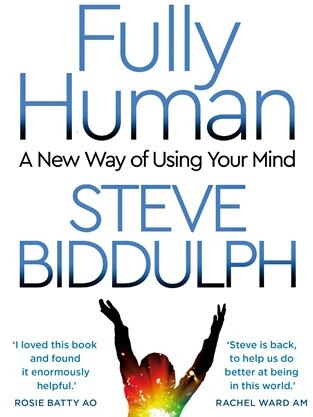
Fully Human: A new way
of using your mind,
by Steve Biddulph,
published by PanMacmillan, $34.99, is out now

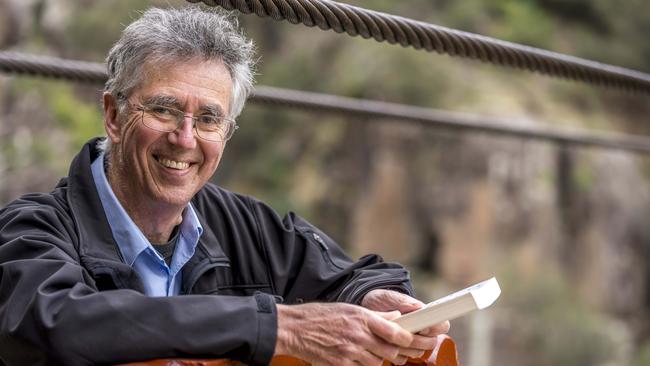
Add your comment to this story
To join the conversation, please log in. Don't have an account? Register
Join the conversation, you are commenting as Logout
Check out our picks of the best bites of the dark delights
If you haven’t been yet, there’s still time to catch Winter Feast – Tassie’s tastiest food ritual returns this Thursday. Here are a few delectable treats I highly recommend, writes Alix Davis
Classic Hobart pub’s new owners deliver comfort on a plate
Hearty, classic pub meals at affordable prices make this well-known South Hobart establishment an easy choice for a great family night out, writes Alix Davis